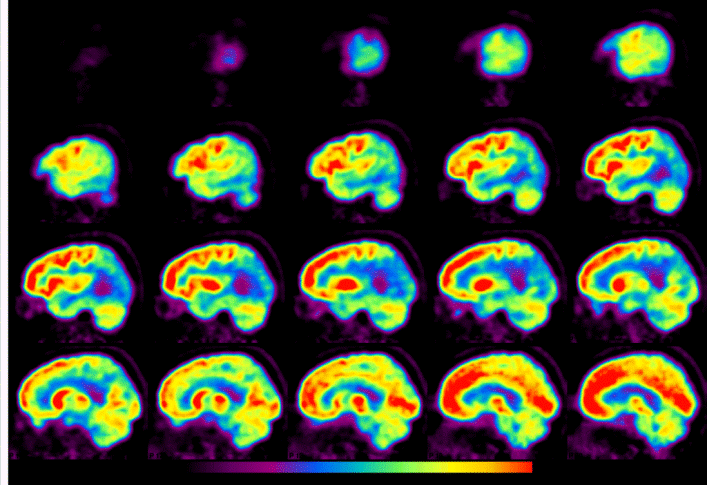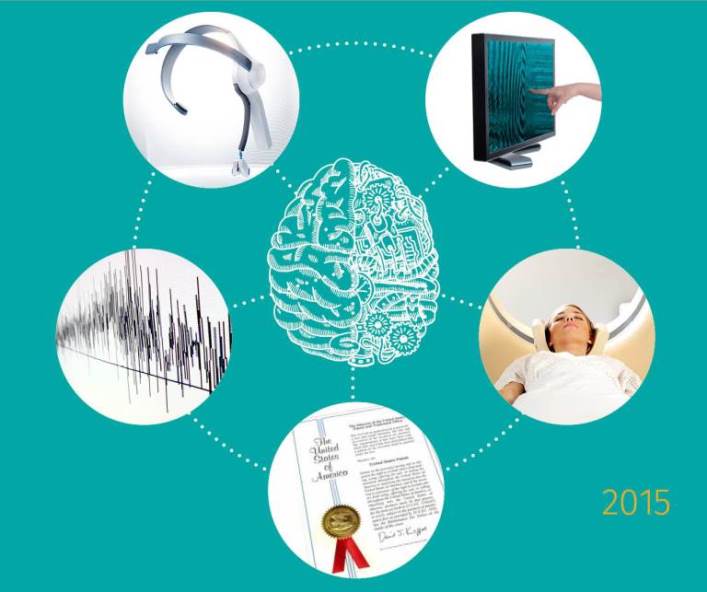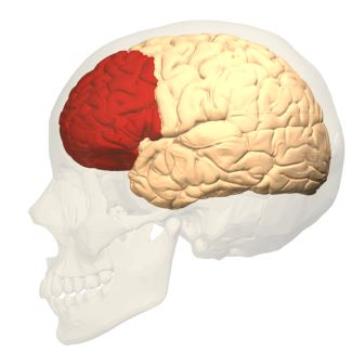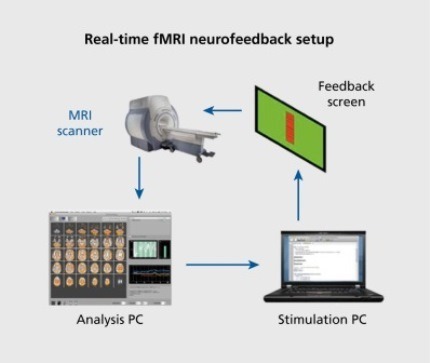Posts Tagged ‘fMRI’
Next: Harnessing brain scans to personalize autism-related behavioral interventions
Autism First: Brain Patterns May Predict Treatment Response (Medscape): “It’s possible to predict whether a young child with autism spectrum disorder (ASD) will respond to an evidence-based behavioral intervention by analyzing brain activity patterns with functional MRI (fMRI) prior to treatment
Read MoreBrain hacking study: Train your cingulate cortex to reduce bias and regulate emotions
———- Don’t Like Their Faces? Train Your Brain to Feel More Positive (IEEE Spectrum): “Like it or not, we often have positive or negative feelings about a total stranger based solely on the looks of his or her face…Last week, researchers described, in the journal PLOS Biology, a brain training system that
Read MoreRetooling brain health care with pervasive, inexpensive, data-driven digital technologies
—– While sophisticated neuroimaging techniques such as fMRI (functional magnetic resonance imaging) provide a significant boost in our understanding of the brain — and research studies constantly reported all over the media — they are very costly. This makes it difficult to reach the mass scale required to conduct meaningful research and to improve the brain health…
Read MoreTo boost creativity, combine systematic daily effort with diverse emotional states
Mapping Creativity in the Brain (The Atlantic): “The writer Edith Wharton, a self-professed “slow worker,” dismissed the idea of easy creative triumph. “Many people assume that the artist receives, at the outset of his career, the mysterious sealed orders known as ‘Inspiration,’ and has only to let that sovereign impulse carry him where it will,”…
Read MoreNeuroimaging study: Unregulated stress can sabotage your self-control and your diet
. Brain scans show how everyday stress can sabotage your diet (CBS News): “As anyone who’s ever downed a pint of ice cream after a bad day at the office knows, the stresses of everyday life can sabotage self-control when it comes to diet. But why?
Read MoreStudy: Harnessing fMRI neurofeedback to enhance attention and cognitive potential
. Real-time brain feedback reduces attention lapses (News at Princeton): “In an article published online Monday by the journal Nature Neuroscience, researchers at Princeton University describe a study that shows training people using real-time feedback from their own brain activity can reduce the frequency of attention lapses and improve their ability to sustain attention.
Read More





